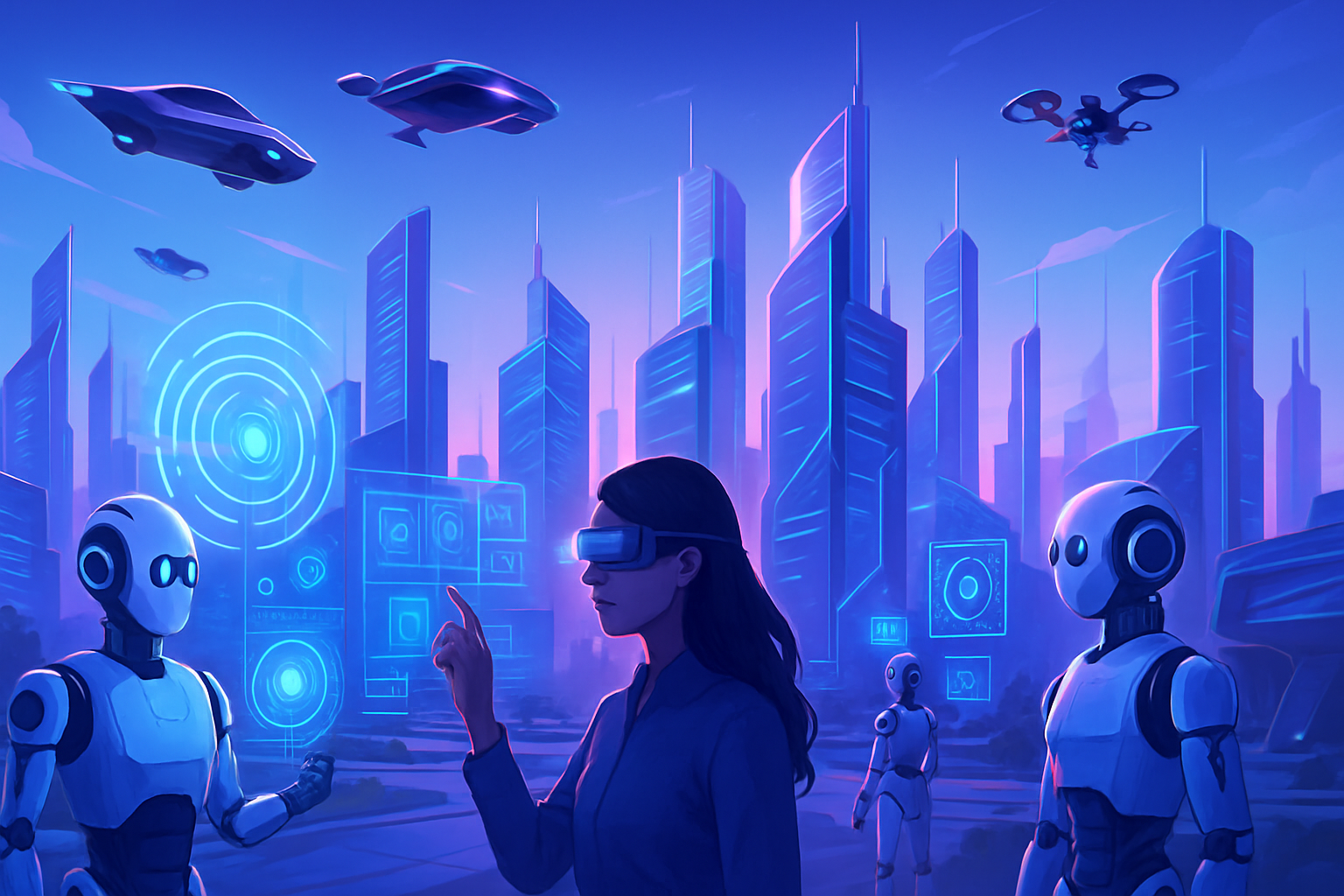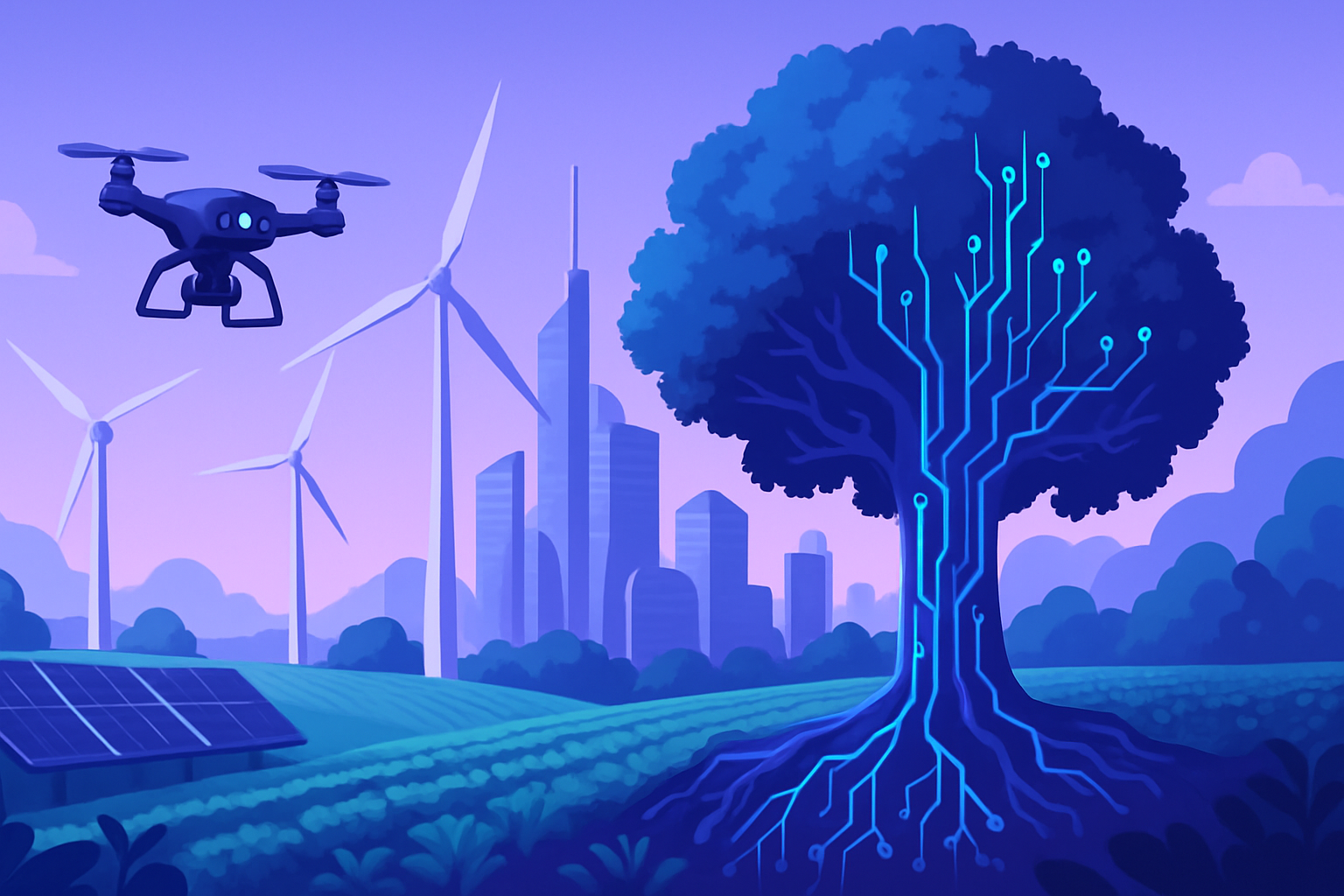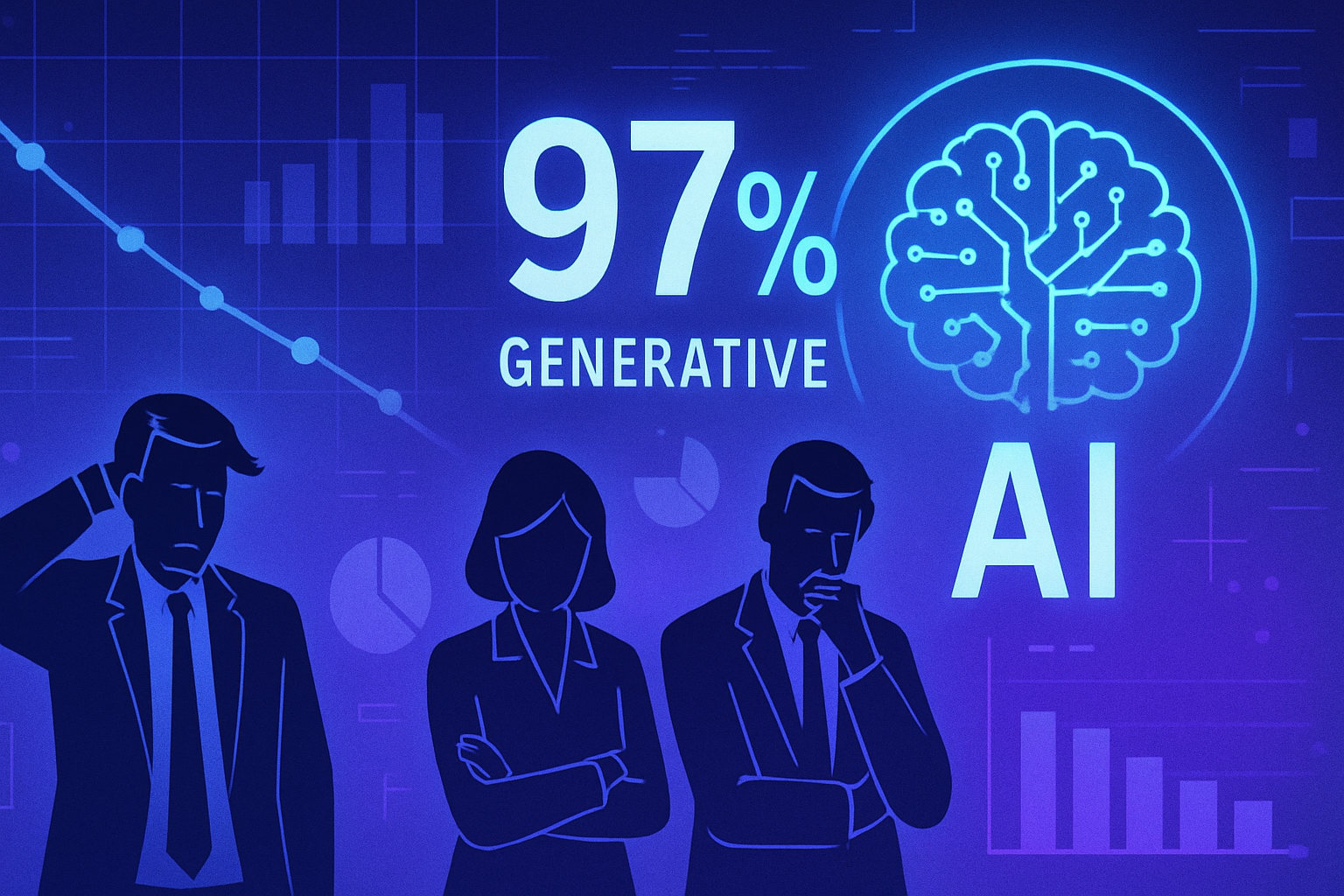The uncertainty hangs over the future of Google in a delicate technological context. Generative AI disrupts traditional methods, sparking passionate debates about the longevity of the American giant. In the face of this evolution, unexpected perspectives emerge, redefining the stakes and opportunities for web players. While Google’s growth remains affirmed, its economic model is evolving and being challenged by disruptive innovations. The information age is transforming, and adaptation becomes essential to maintain relevance. Understanding these dynamics will be crucial for anyone wishing to navigate this changing landscape.
The Ongoing Rise of Google
The debate around Google’s future aligns with the prophecy of an impending end, often fueled by the rapid advances of generative AI. Contrary to expectations, the figures paint a picture of an even more robust dynamic. In 2023, Google recorded a 21.64% increase in search volume, reaching 15 billion daily queries, illustrating the resilience of the tech giant in the face of emerging tools like ChatGPT.
The Impact of AI on Search Results
Google has not only seen generative AI as a threat but has instead integrated these advances into its services. With “AI Overviews,” it provides intelligent answers directly within its search results. This initiative does not reduce the number of searches but significantly multiplies them. Thus, Sundar Pichai, CEO of Alphabet, emphasizes that this transformation represents a swift adaptation to the ongoing digital evolution, reinforcing Google’s position in the sector.
An Undeniable Geographic Expansion
Google’s global penetration remains unmatched, particularly outside Western markets. Millions of Internet users in India, Africa, or Southeast Asia discover the web through Google. Its omnipresence in Android operating systems, the Chrome browser, and voice assistants gives it a considerable advantage, making competition tough.
ChatGPT and Its Complementary Role
ChatGPT is a topic of debate due to its impressive capabilities, handling about 37.5 million queries per day. This remarkable usage, however, represents only 0.24% of the market dominated by Google. ChatGPT excels in areas such as content creation and idea structuring. In contrast, for immediate transactional searches, Google remains the reference. These tools complement each other rather than compete.
A Shift in the Economic Model
The very model of Google is undergoing a significant transformation. The “AI Overviews” deeply change user expectations. A direct answer becomes preferable to a search that redirects to third-party sites, leading, for some, to a decrease in traffic. In this context, web players must reassess their strategies. Relying on organic search rankings is no longer viable.
Long-term Stakes
The current dynamics evoke the slow pace of genuine disruption. Companies like Perplexity, which has multiplied its usage tenfold in a year, illustrate that new players emerge every month. Technological changes take time. The example of smartphones versus traditional mobile phones shows that a shift does not happen instantly. Google thus has enough leeway to adapt to the new market requirements.
Concerns related to AI and its impact on employment continue to worry, not only for those directly affected but also for future generations. Surveys among the Generation Z reveal fears regarding the growing influence of AI on their careers.
This panorama highlights not only Google’s resilience but also the necessity for all web players to evolve their approach to meet a new economic paradigm, marked by the rise of generative AI. The coexistence of traditional technologies and recent innovations constitutes the key to sustainable survival in a constantly changing digital economy.
Frequently Asked Questions
Will Google lose its power against generative AI?
No, Google continues to grow by integrating generative AI into its services, which strengthens its market position.
What are the recent figures regarding search volume on Google?
Between 2023 and 2024, Google saw a 21.64% increase in its searches, reaching 15 billion queries per day.
How does Google use generative AI in its search results?
Google has integrated intelligent answers, called “AI Overviews,” which increase user engagement rather than decrease searches.
What are the main features that distinguish Google from ChatGPT?
Google excels in transactional and local searches, while ChatGPT focuses on complex intellectual tasks such as content creation.
What changes is Google’s economic model undergoing with the use of AI?
The “AI Overviews” allow Google to provide direct answers, altering the web ecosystem and affecting the organic traffic of some sites.
Does ChatGPT really pose a threat to Google?
ChatGPT is not a direct competitor, but rather a complement, each having its place in the search engine market.
How should companies adapt to this new digital landscape?
Companies should focus on building direct and diverse audiences, independent of organic search to thrive in this new ecosystem.
What challenges does Google face on a global scale?
Despite the debate on generative AI, Google continues to grow with new users discovering the web in Africa, India, and Southeast Asia.
Will the transition to generative AI be quick?
Technological disruption takes time, as illustrated by the example of smartphones compared to traditional phones. Google thus has time to adapt.






